HRH The Prince of Wales: 'The UK is one of the most Nature-depleted places on the planet... we have to respond now before the capacity of Nature’s systems is ruptured for good'
Wednesday's edition of Country Life sees HRH The Prince of Wales write his traditional birthday leader article, focusing this year on the huge importance of hedgerows to the nature of Britain — and what we can do to protect and nourish them.

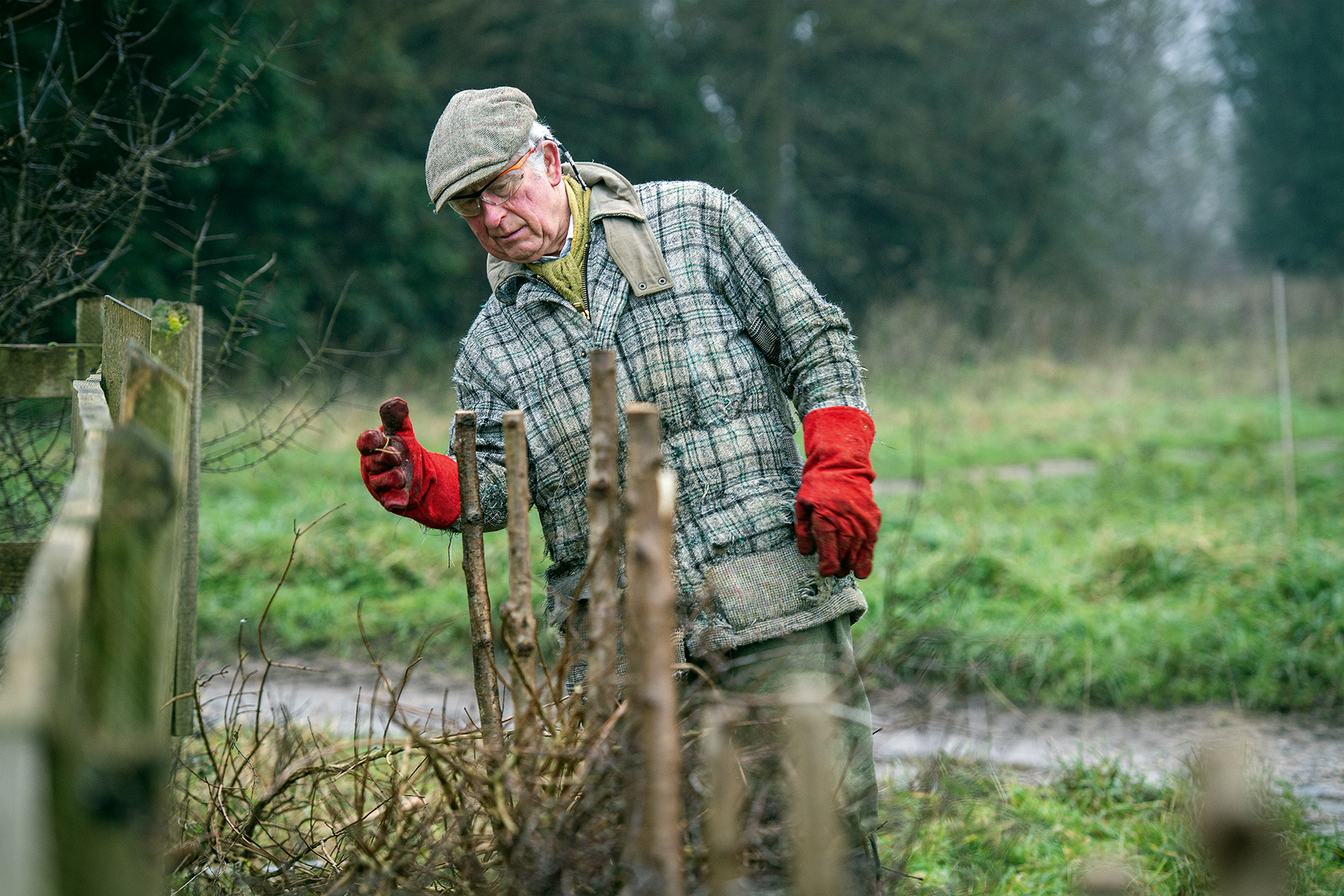
Exquisite houses, the beauty of Nature, and how to get the most from your life, straight to your inbox.
You are now subscribed
Your newsletter sign-up was successful
The plight of Britain's hedgerows is at the heart of Country Life's leader article of 10 November, 2021, in which The Prince of Wales writes eloquently and passionately about what we have lost — and what we can do about it.
'Between 1945 and 1985, we lost about 100,000 miles of hedgerows, a length that could circle the Earth four times,' he writes.
'Those that survived were often neglected, leaving rows of unkempt trees full of gaps incapable of keeping rural life intact because, not only do hedgerows hold livestock in place, they also protect the soil. Without them, huge amounts of fertile topsoil have been lost to the wind and water erosion.'
The Prince adds that he has been concerned about this for many decades now, and calls upon all of us to do our bit to nurture these vital wildlife corridors — and he himself is not afraid of rolling up his sleeves.
'Our remaining hedgerows are still the country’s single biggest Nature reserve, offering important green corridors and an abundance of food and protection for wildlife,' he writes.
'This is why, despite looking as if I have just come off the field at Agincourt, I continue to wrestle each winter with lethal hawthorn and blackthorn branches in an attempt to lay some of the hedges I have planted over the past 41 years.'
The Prince also writes about the huge importance of trees, and the necessity of planting and using new disease-resistant varieties, 'not least to counter the catastrophic impact of ash dieback, which, alas, will likely wipe out the vast majority of our 150 million ash trees.'
Exquisite houses, the beauty of Nature, and how to get the most from your life, straight to your inbox.
"We need to create the conditions that support large habitats for wildlife alongside a productive, mixed farming system that does not damage the health and wealth of the biodiversity and which can still provide us with the food security that is of such overriding importance"
The loss of trees and other plants, he adds, has implications far beyond the wildlife they sustain: 'I do not think it is understood enough how important trees and grasses are in building soil fertility. I have long felt our future health will depend upon building up depleted soils using sustainable farming practices, such as the reintroduction of crop rotations, which include a fertility building phase of grass clover with grazing livestock, to replenish lost organic matter in the soil.'
While there are more and more tree planting schemes appearing, not all will help as much as they should unless we are careful, The Prince goes on to explain, since merely planting more trees isn't enough: 'Trees are deployed as landscaping, yet never tended again, with the result that millions may have been planted, but many quickly die through neglect, a lack of watering, weeding or such like. To succeed, any tree-planting scheme must be carefully managed all the way to maturity.'
Seeing the bigger picture also extends to the choice of species, since climate change, pests and diseases are changing what will thrive in 21st century Britain. 'I am particularly keen on sweet chestnut and sycamore, which are not native, but have proved over time to have adapted well to the UK’s conditions,' says Prince Charles, also naming the 'very special' hornbeam and the field maple as promising species to use more widely.
Whatever we do, we must do it quickly and sustainably, he continues: 'The UK is one of the most Nature-depleted places on the planet. We only have half of our biodiversity left, so we have to respond now before the capacity of Nature’s systems is ruptured for good. That is why I continue to encourage those who steward the countryside to focus on recovering Nature’s capacity, which is a challenge we cannot simplify. It is a complex, dynamic and interconnected process,' he adds.
'The task is to find an equitable balance between space for Nature and space for food production, and that is complicated... We need to create the conditions that support large habitats for wildlife alongside a productive, mixed farming system that does not damage the health and wealth of the biodiversity and which can still provide us with the food security that is of such overriding importance. And all this in a small island that is heavily urbanised, criss-crossed with motorways, roads and railway lines and with an increasing population.'
You can read the full article in the 10 November 2021 edition of Country Life.
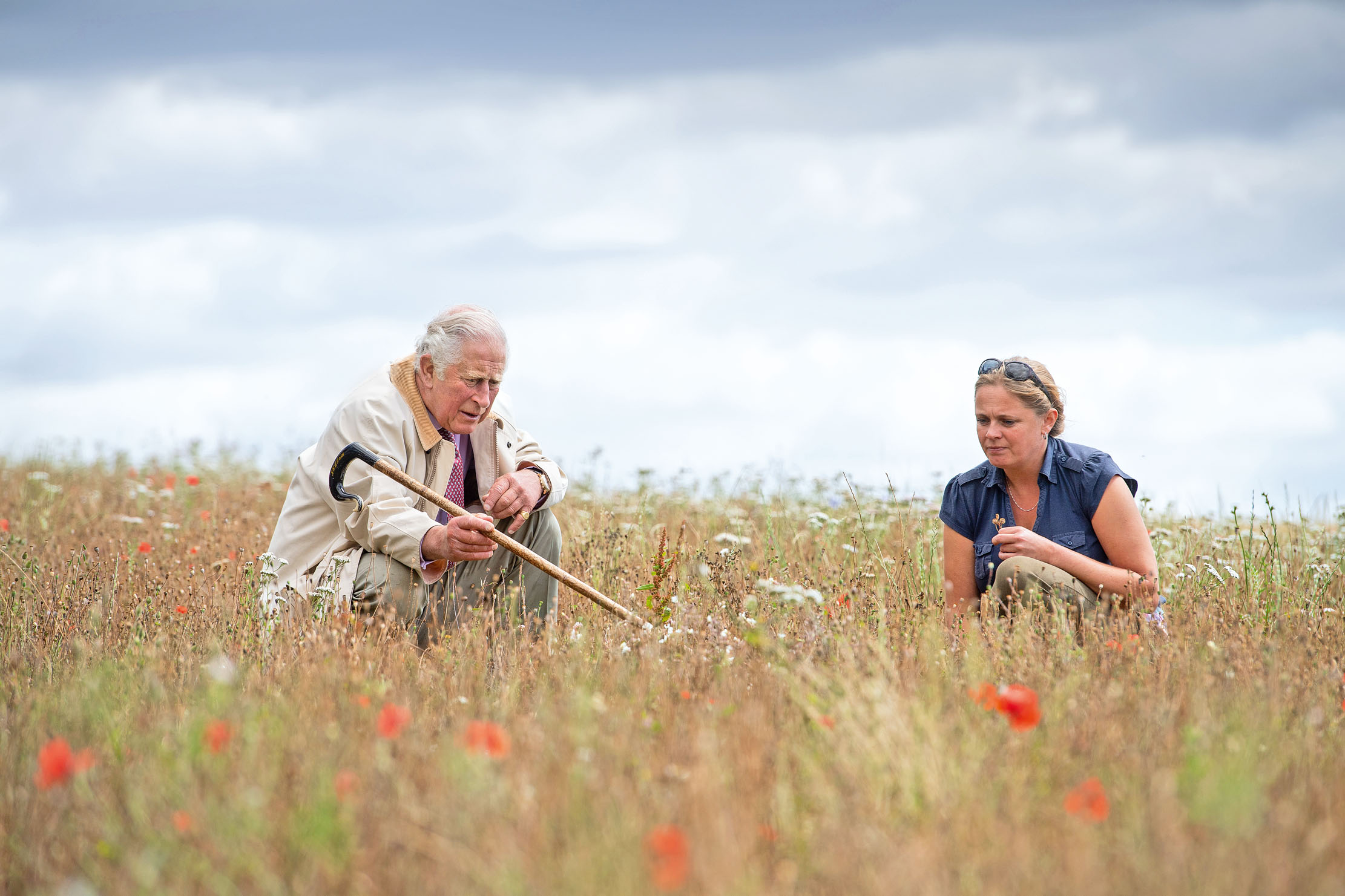
Farming for our futures: The full story of How The Prince of Wales turned Sandringham organic
Over the past year, we have documented the Sandringham estate’s move to a fully organic enterprise. Here, The Prince of
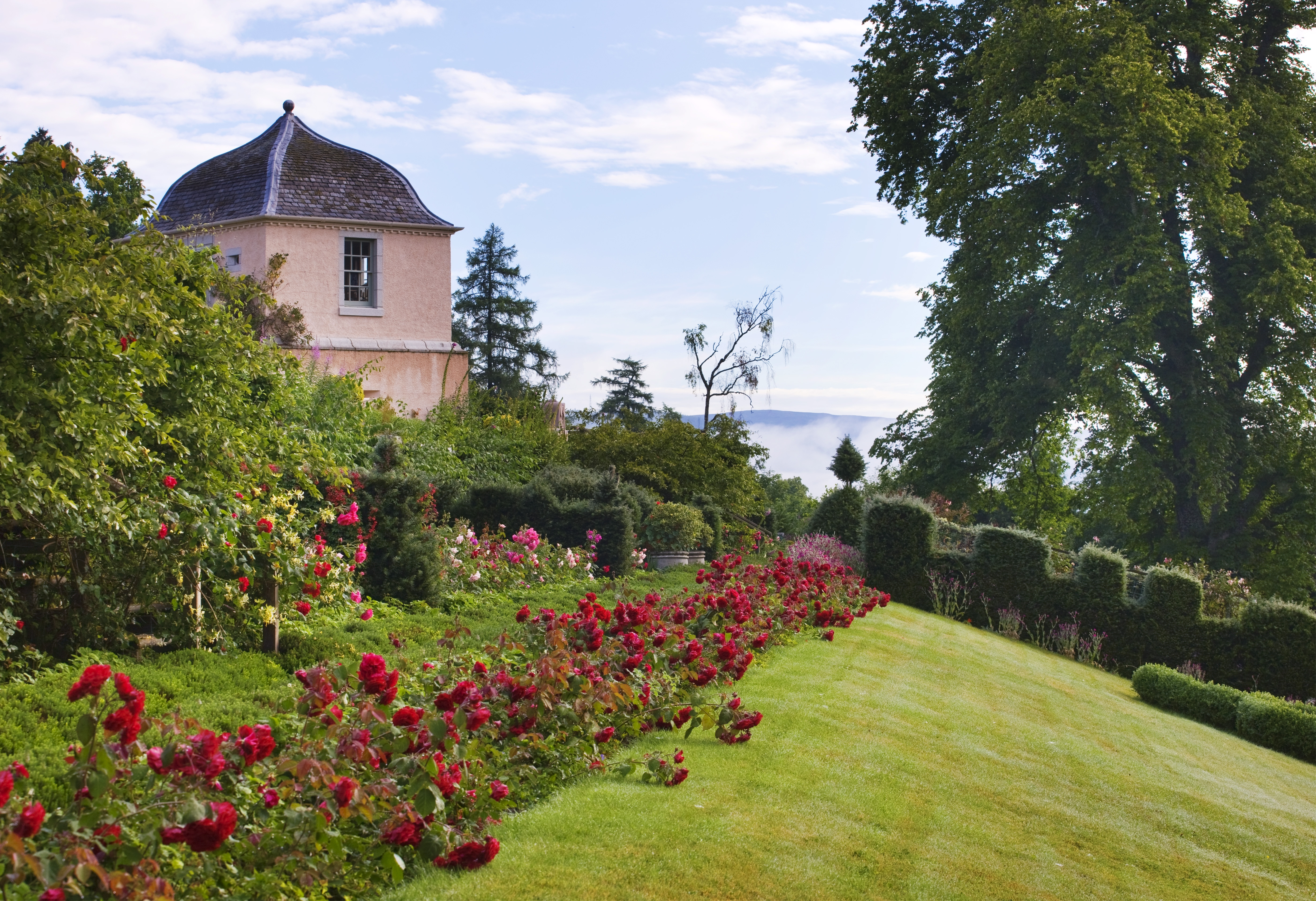
Birkhall: The home of The Prince of Wales on the Balmoral estate, Aberdeenshire
Alan Titchmarsh explores the garden of Birkhall, The Prince of Wales's Scottish home on the Balmoral estate.
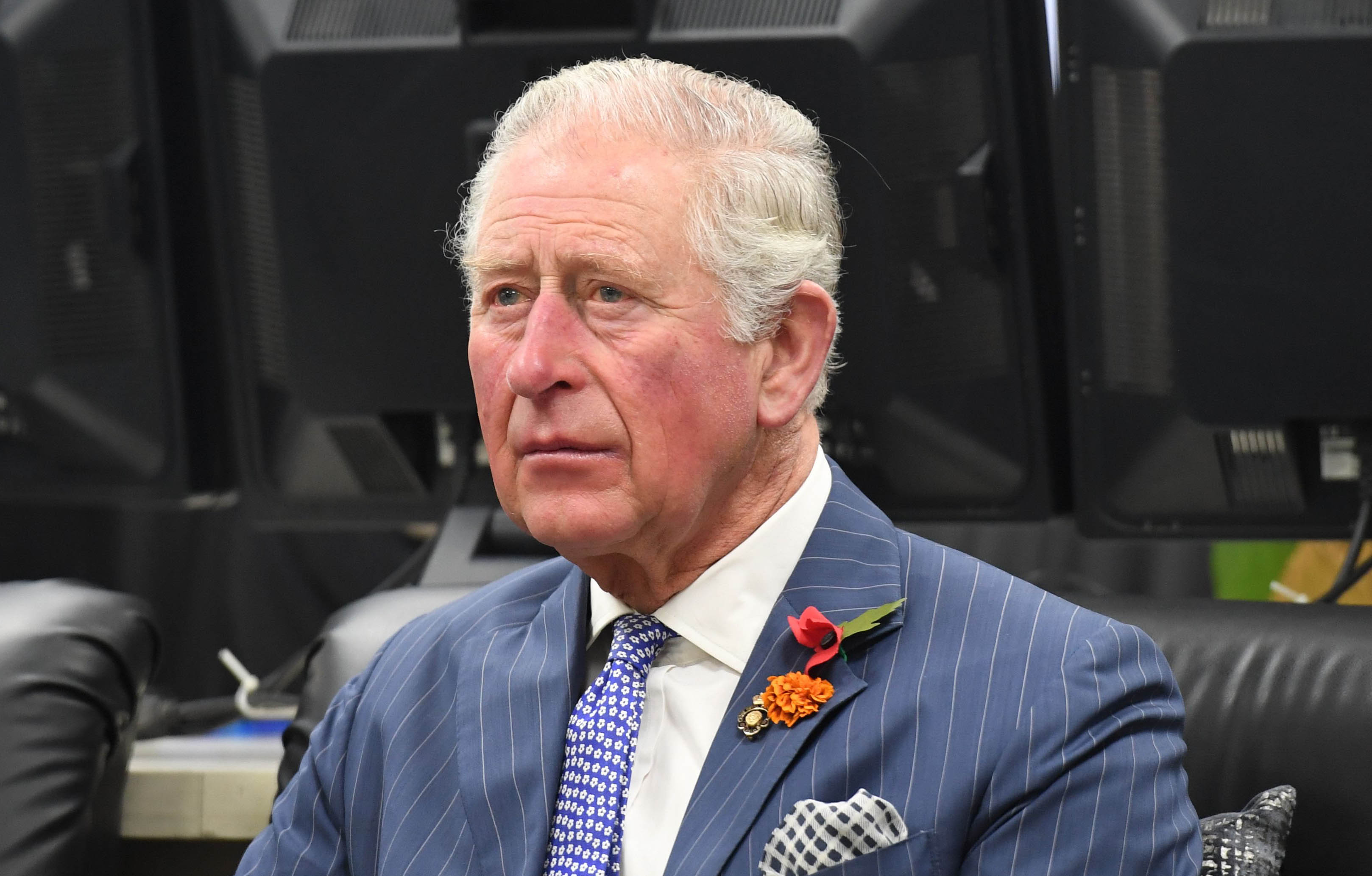
HRH The Prince of Wales: 'We urgently need a fresh, positive and practical vision for the countryside'
In his birthday message, The Prince of Wales applauds efforts to combat climate change and acknowledges the urgent need to
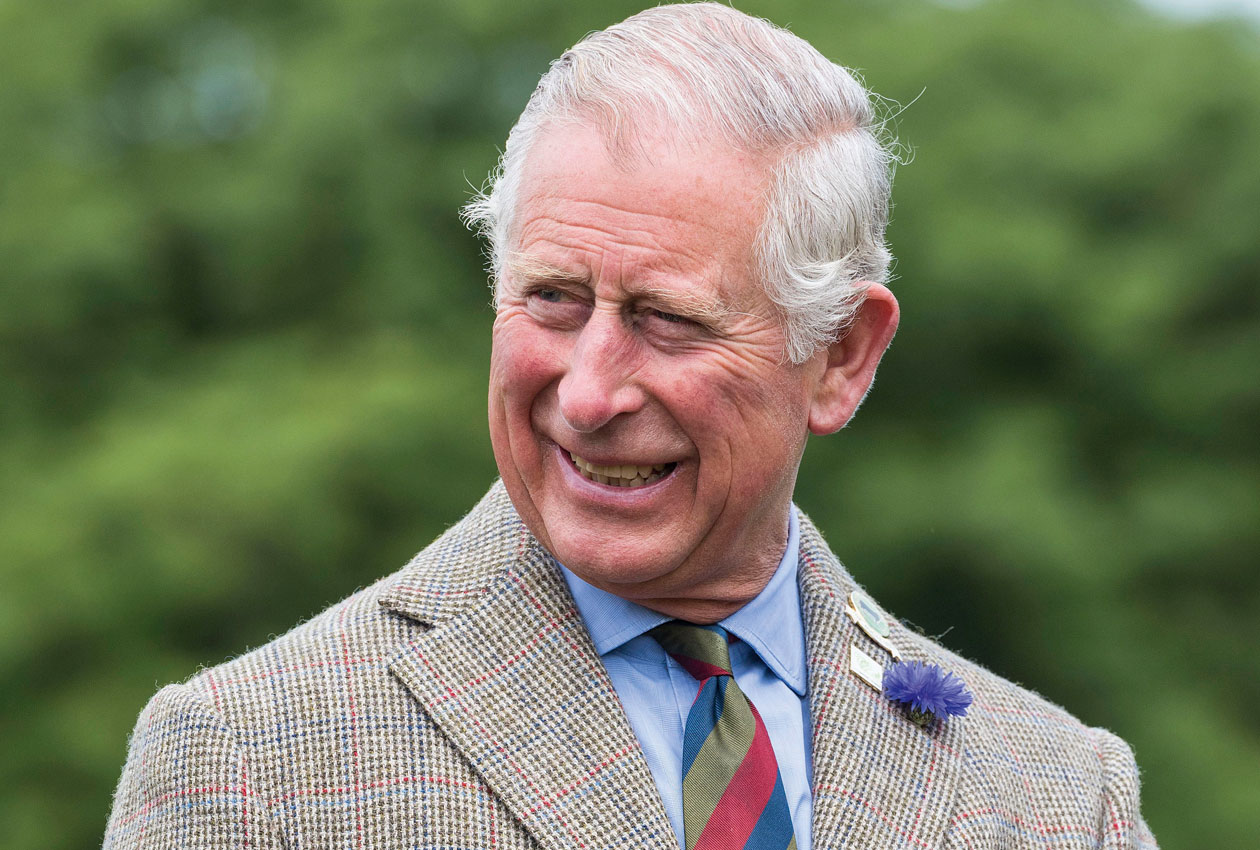
Credit: John Paul Photography / Courtesy of Clarence House
HRH The Prince of Wales: Why we must save the countryside's soul
In his regular birthday message to the countryside, His Royal Highness The Prince of Wales stresses the need for balance
Country Life is unlike any other magazine: the only glossy weekly on the newsstand and the only magazine that has been guest-edited by His Majesty The King not once, but twice. It is a celebration of modern rural life and all its diverse joys and pleasures — that was first published in Queen Victoria's Diamond Jubilee year. Our eclectic mixture of witty and informative content — from the most up-to-date property news and commentary and a coveted glimpse inside some of the UK's best houses and gardens, to gardening, the arts and interior design, written by experts in their field — still cannot be found in print or online, anywhere else.
